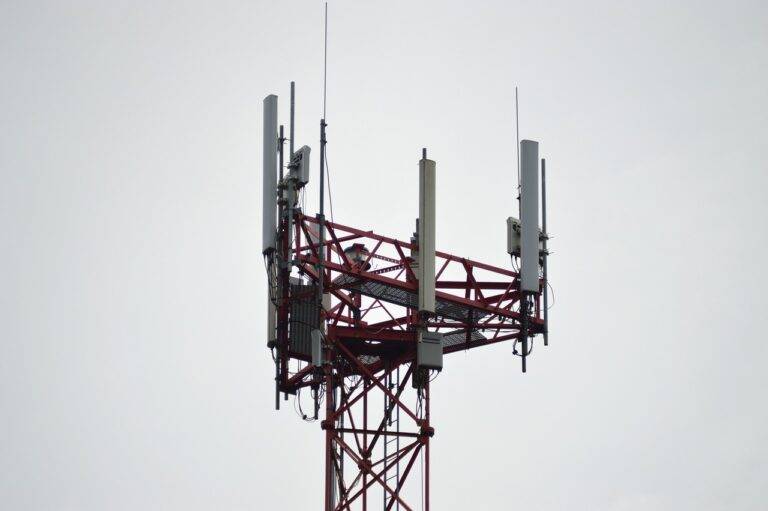Tech in Agricultural Sustainability
Precision agriculture, a modern farming approach, involves using technology to optimize crop production while minimizing resources. By utilizing data-driven insights and specialized equipment, farmers can tailor their practices to individual sections of their fields, resulting in increased efficiency and profitability. This precision-based method enables farmers to precisely apply inputs such as water, fertilizers, and pesticides, leading to improved crop yields and lower environmental impact.
Moreover, precision agriculture plays a crucial role in sustainable farming practices by promoting resource conservation and reducing waste. Through the integration of GPS technology, sensors, and drones, farmers can gather detailed information about their fields’ variability and make informed decisions to enhance productivity. This innovative approach not only benefits farmers by saving costs and labor but also contributes to the long-term health of the environment by minimizing the use of chemicals and preserving natural resources.
Advancements in Agricultural Machinery
Recent years have seen a rapid evolution in agricultural machinery, with cutting-edge technologies revolutionizing the way farming is conducted. Machinery such as autonomous tractors equipped with advanced GPS systems are now capable of performing precise tasks with minimal human intervention, leading to increased efficiency and accuracy in farm operations. These advancements have not only reduced manual labor but have also improved productivity and overall crop yields.
In addition to autonomous vehicles, the field of agricultural machinery has witnessed the development of drones for monitoring and assessing crop health. Drones equipped with high-resolution cameras and sensors can provide farmers with valuable insights into plant health, soil conditions, and water management. This technology allows for timely detection of issues such as pests, diseases, or nutrient deficiencies, enabling farmers to take proactive measures to optimize crop production.
Innovations in Crop Monitoring Systems
Advancements in technology have revolutionized crop monitoring systems in agriculture. Farmers now have access to high-tech tools such as drones and satellites that provide detailed insights into crop health and growth. These monitoring systems allow for real-time data collection, enabling farmers to make informed decisions to optimize their crop yield and minimize resource usage.
One significant innovation in crop monitoring systems is the use of sensors placed directly in the fields. These sensors can measure various parameters like soil moisture, temperature, and nutrient levels, providing farmers with precise information to tailor their irrigation and fertilization practices. By utilizing these advanced monitoring technologies, farmers can enhance the efficiency and sustainability of their agricultural operations.
What is precision agriculture and how does it relate to crop monitoring systems?
Precision agriculture is a farming management concept that uses technology to optimize crop yields and reduce waste. Crop monitoring systems play a vital role in precision agriculture by providing real-time data on crop health, moisture levels, and growth patterns.
What advancements have been made in agricultural machinery to improve crop monitoring?
Agricultural machinery has become more technologically advanced, with features such as GPS guidance systems, drones, and sensors that can collect data on soil conditions and crop health. These advancements help farmers make more informed decisions about crop management.
How have crop monitoring systems evolved in recent years?
Crop monitoring systems have evolved to include more sophisticated sensors, imaging technology, and data analysis tools. These systems can now provide detailed insights into crop health, pest infestations, and irrigation needs, helping farmers make proactive decisions to improve yields and sustainability.
What are some of the benefits of using innovative crop monitoring systems?
Innovative crop monitoring systems can help farmers increase crop yields, reduce input costs, and minimize environmental impact. By providing real-time data and insights, these systems enable farmers to make data-driven decisions that optimize crop production and resource use.





